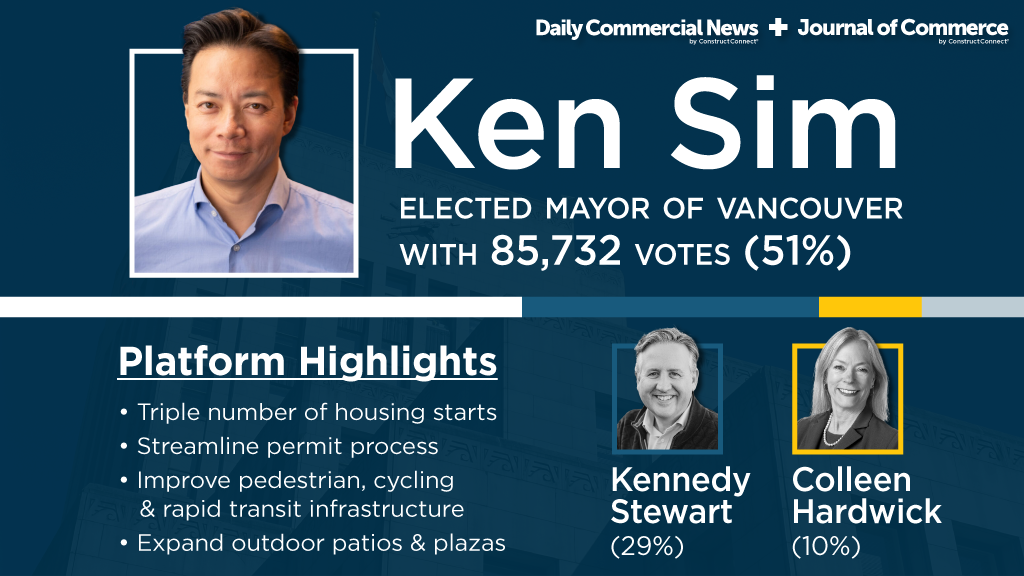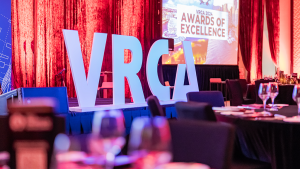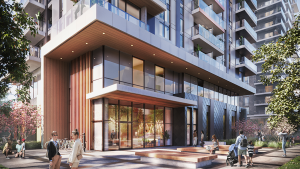A major province-wide change at the municipal level is giving B.C. construction stakeholders new hope.
Ken Sim of ABC Vancouver was elected as Vancouver’s new mayor on Oct. 15, replacing Kennedy Stewart at the helm of one of Canada’s largest cities.
Industry stakeholders said they’re looking forward to working with the new mayor and council on several key issues.
“I think we share a lot of the same challenges around labor supply, wanting to build projects and the volume of projects, be they infrastructure, housing that that we want to build together,” BC Building Trades executive director Brynn Bourke said.
“But I also think that we have a tremendous opportunity. In Vancouver, they (the new city council) have a new mandate. We have reelected council in Burnaby and New Westminster that have refreshed their mandate and they have time now, over the next four years, to really implement a plan to build the infrastructure that B.C. depends on. We want to be partners with them in that.”
Independent Contractors and Businesses Association president Chris Gardner expressed optimism at the municipal changes both in Vancouver and beyond.
“There’s significant change in both Vancouver and Surrey. I think in Vancouver the election was historic on many levels. This was the first mayor of Chinese descent elected in Vancouver and every single candidate who won with Ken Sim under the ABC banner was elected on council, school board and the park board,” Gardner said.
“Ken Sim was very purposeful during the campaign in talking about housing affordability and the role that his administration can play in increasing supply, reducing red tape and regulations that are impediments to affordability and getting the kind of housing stock on the market as soon as possible that we need to start making a dent on affordability.”
Gardner pointed specifically to Sim’s “3-3-3-1” permit plan which would allow three days to approve home renovations, three weeks to approve single-family homes, three months to approve multi-family and mid-rise projects and one year for approval of highrise and other large-scale projects.
“That’s significant. Anecdotally, what builders will say is that it takes longer to approve or permit a project than it does to build it. Every very single observer and analysis of the housing issue in B.C. and Canada will say that’s the biggest challenge we have in terms of affordability,” he said.
Vancouver Regional Construction Association (VRCA) president Donna Grant added she and her membership also support the new mayor and city council’s permitting push.
“We have many members that would very happily be part of discussions from their side of things with suggestions, best practices or options that they might be able to see from the outside looking in that perhaps the permitting department could benefit from. I would hope that VRCA would serve as a facilitator of sorts in some of those discussions for the benefit of all,” Grant said.
Bourke also stressed the importance of skilled labour when working with municipalities on infrastructure projects.
“For me the most important thing is to look at the challenges around skilled labour supply and think about opportunities to bring new workers into the system and to build training pathways to skilled trades development within these infrastructure projects. It takes time to train skilled tradespeople and we need to build that thinking into how we procure construction projects and how we carry them out,” she said.
“We’re in this together, and if we work together and build training plans and apprenticeship opportunities into municipal construction projects, everyone’s going to be successful,” Bourke added.
Follow the author on Twitter @JOCFrey.











Recent Comments
comments for this post are closed